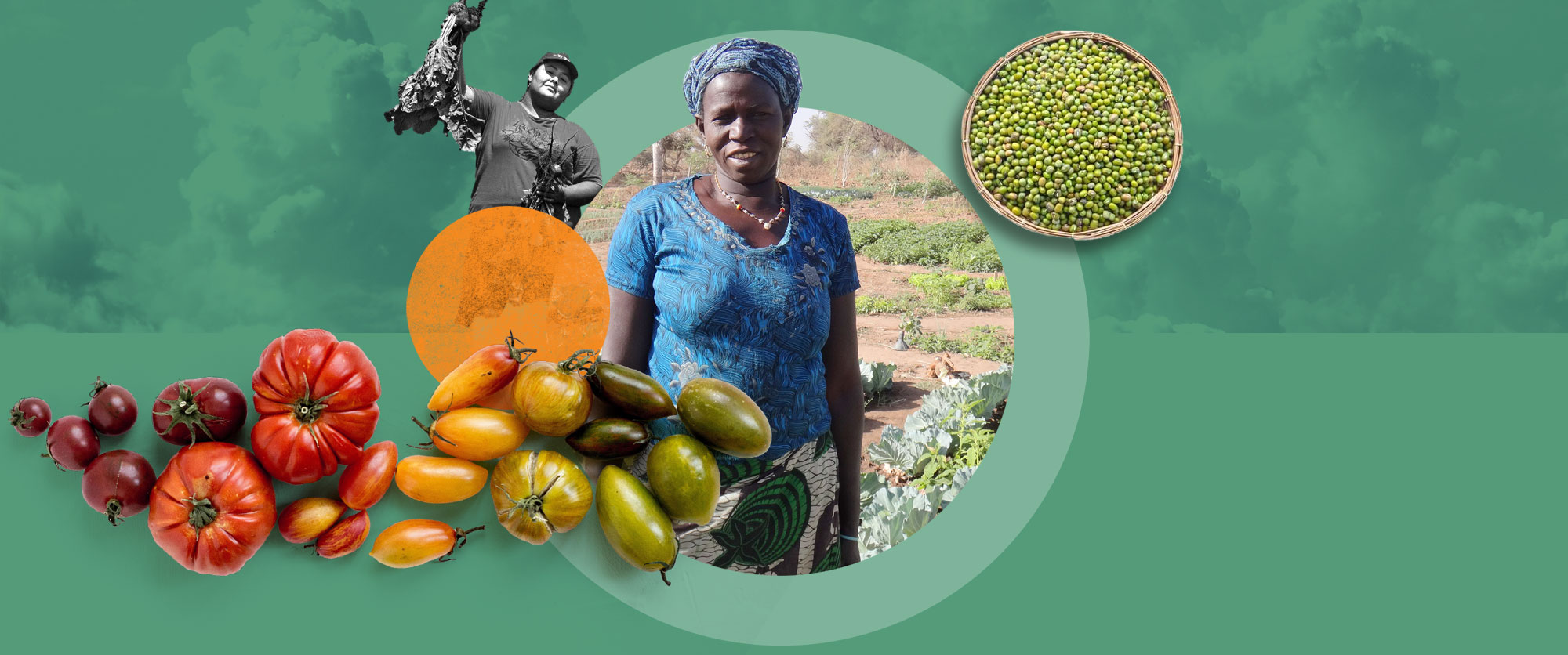Our planet urgently needs a sustainable, resilient and equitable alternative to industrial farming. Agroecology.
What is Agroecology?
Agroecology is an integrated approach that simultaneously applies ecological and social concepts and principles to the design and management of food and agricultural systems. Within a justice and rights framework, it seeks to minimize external inputs and optimize sustainable interactions between plants, animals, humans and the broader environment.
Agroecology is not a new invention. It emerged from Indigenous Peoples food systems and has been found in scientific literature since the mid twentieth century. More recently, it has found expression in family farmers’ practices, in grassroots social movements for equity and sustainability and the public policies of various countries around the world. Agroecology is now embraced by many governments, international development agencies and UN institutions.
Agroecology is fundamentally different from other approaches to sustainable development. It is based on bottom-up and territorial processes, helping to deliver contextualized solutions to local problems. Agroecological innovations are based on the co-creation of knowledge, combining science with the traditional, practical and local knowledge of producers. By favoring food sovereignty and adaptive capacity, agroecology empowers producers and communities as key agents of change.
Rather than tweaking the practices of unsustainable agricultural systems, agroecology seeks a system-wide approach to transformation, addressing complex issues such as climate change, poor nutrition and corporate concentration. Agroecology places a strong focus on the rights of women, youth and Indigenous Peoples. Agroecology is a proven solution to building climate resilient livelihoods and food systems. *FAO

The 13 Key Principles of Agroecology
In 2019, the High-Level Panel of Experts on Food Security and Nutrition (HLPE) published the 13 principles of agroecology.
The HLPE is a science-policy interface of the UN Committee on World Food Security (CFS) commissioned by the UN Food and Agriculture Organization (FAO). The 13 Principles are increasingly accepted as a road map for holistic food systems transformation, including by the Agroecology Fund.
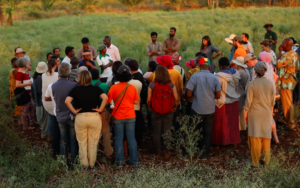
Co-Creation of Knowledge
Enhance co-creation and horizontal sharing of knowledge including local and scientific innovation, especially through farmer-to-farmer exchange.
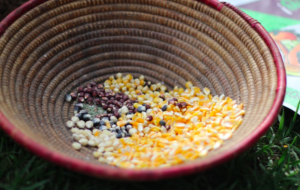
Social Values & Diets
Build food systems based on the culture, identity, tradition, social and gender equity of local communities that provide healthy, diversified, seasonally and culturally appropriate diets.
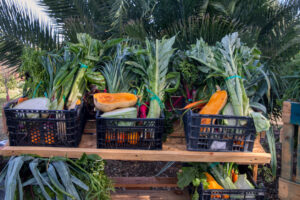
Fairness
Support dignified and robust livelihoods for all actors engaged in food systems, especially small-scale food producers, based on fair trade, fair employment and fair treatment of intellectual property rights.
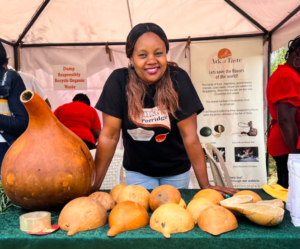
Connectivity
Ensure proximity and confidence between producers and consumers through promotion of fair and short distribution networks and by re-embedding food systems into local economies.
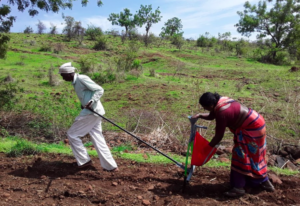
Land & Natural Resource Governance
Strengthen institutional arrangements to improve, including the recognition and support of family farmers, smallholders and peasant food producers as sustainable managers of natural and genetic resources.
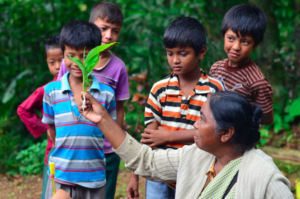
Participation
Encourage social organization and greater participation in decision-making by food producers and consumers to support decentralized governance and local adaptive management of agricultural and food systems.
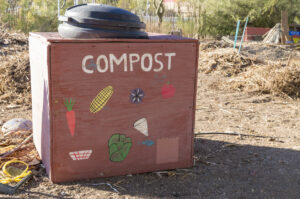
Recycling
Preferentially use local renewable resources and close as far as possible resource cycles of nutrients and biomass.
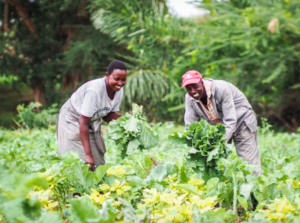
Input Reduction
Reduce or eliminate dependency on purchased inputs and increase self-sufficiency.

Soil Health
Secure and enhance soil health and functioning for improved plant growth, particularly by managing organic matter and enhancing soil biological activity.
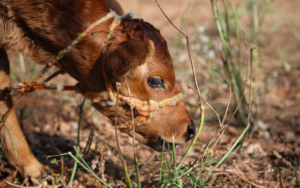
Animal Health
Ensure animal health and welfare.
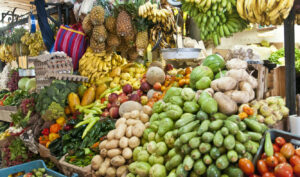
Biodiversity
Maintain and enhance diversity of species, functional diversity and genetic resources and thereby maintain overall agroecosystem biodiversity in time and space at field, farm and landscape scales.

Synergies
Enhance positive ecological interaction, synergy, integration and complementarity among the elements of agroecosystems (animals, crops, trees, soil and water)
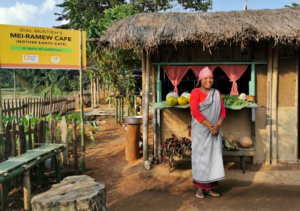
Economic Diversification
Diversify on-farm incomes by ensuring that small-scale farmers have greater financial independence and value addition opportunities while enabling them to respond to demand from consumers.
Agroecology and the Sustainable Development Goals
The 2030 Agenda for Sustainable Development calls for a new agricultural approach to ensure sufficient, safe and nutritious food respecting human rights. FAO Members have a common vision for sustainable food and agriculture, and agroecology is a key response to guide the sustainable transformation of our food systems.
Implementation of principles rooted in agroecology advances 15 of the 17 SDG’s.
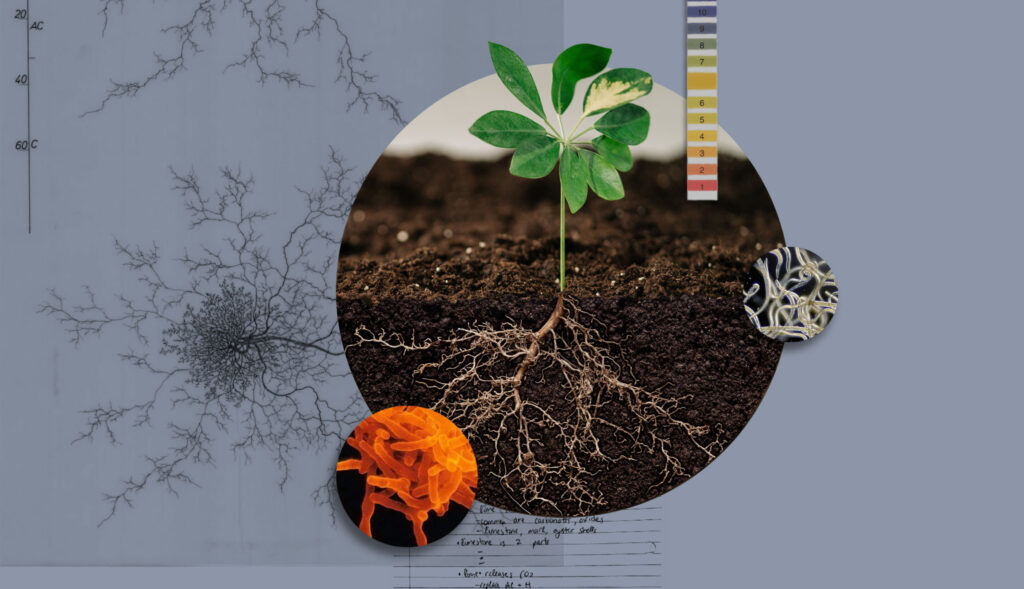
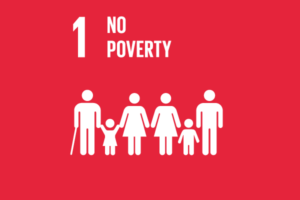
No Poverty
Family farming, herding and artisanal fisheries and aquaculture provide livelihoods for many of the world’s rural poor. Agroecological approaches support food producers in reducing production costs, translating into greater income, economic stability and resilience.
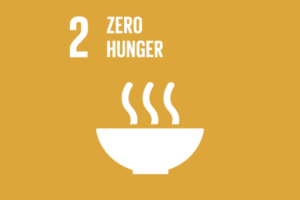
Zero Hunger
Agroecological systems optimize the use of local and renewable resources and knowledge. This enables agricultural production systems to harness ecosystem benefits such as pest control, pollination, soil health and erosion control while ensuring productivity. The conservation and sustainable use of biodiversity leads to robust ecosystem services and sustainable agriculture.

Good Health & Well-Being
By minimizing the use of potentially harmful agro-chemical inputs, agroecology reduces agriculture’s negative effects on both human and environmental health. By re-localizing diets, agroecology can help to inform sustainable and healthy diets.
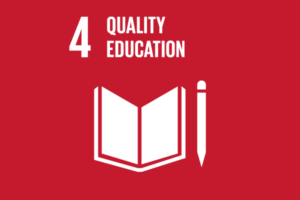
Quality Education
Agroecology depends on knowledge adapted to local contexts by food producers and other actors. It delivers relevant and practical knowledge through empowering peer-to-peer systems, enhanced with the knowledge of formal scientists.
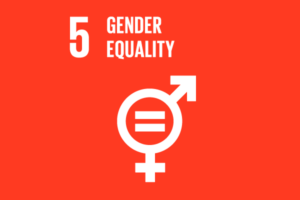
Gender Equality
Women have a central role in agroecology. They are often custodians of healthy and traditional diets and are key players in sustainable food systems, from the home, to the field, to the market and beyond. Agroecology has the potential to advance women’s rights, self-determination and autonomy.
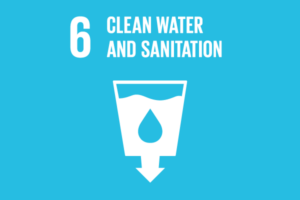
Clean Water & Sanitation
Agroecology prevents surface water and groundwater pollution and contamination. It promotes practices that are efficient in water use, enhances soil water retention, and values locally adapted crops that require less (or no) irrigation, allowing safer and more sustainable aquifer storage, recovery and recharge.
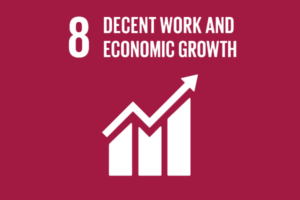
Decent Work & Economic Growth
Agroecological approaches create new decent rural employment opportunities for youth and women. The increased resilience of agroecological production systems helps to better maintain existing jobs, supporting rural livelihoods and communities.
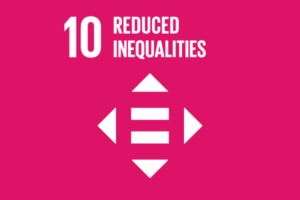
Reduced Inequalities
Agroecology gives priority to the most marginalised and vulnerable sectors of society: rural women, youth, family farmers and indigenous peoples. Agroecology has the potential to address the inequality of the food system by providing locally–based solutions to specific contexts and territories.
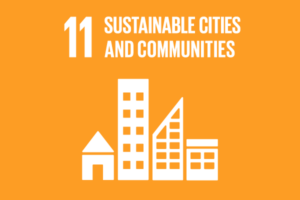
Sustainable Cities & Communities
By promoting a territorial approach to development, agroecology encourages the development of integrated plans for urban and rural development, with urban areas recognising the multiple benefits that sustainable landscapes can provide them and re-connecting producers and consumers to shorten value chains and increase resilience.
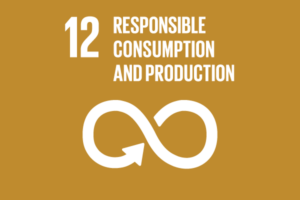
Responsible Consumption & Production
Agroecology enhances diversification to achieve sustainable and healthy diets and food and nutrition security. Agroecological food systems have proven, in many local contexts, to be exemplary providers of high-quality nutritious, healthy and adequate diets, preserving and promoting local food traditions and traditional knowledge. By shortening value chains, agroecology contributes to the reduction of food losses and waste.

Climate Action
Agroecology helps mitigate against climate change and its impacts. It reduces the emission of greenhouse gases by promoting integrated production systems that are less dependent on energy from fossil fuels and that store and fix carbon. By promoting diversified and integrated production systems, agroecology facilitates resilience and adaptation to a changing climate.
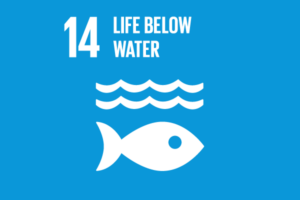
Life Below Water
In aquatic systems, the Ecosystem Approach to Fisheries (EAF) and to aquaculture (EAA) demonstrates an agroecological approach. The Ecosystem Approach ensures that the management of living resources applies an integrated approach to fisheries within meaningful boundaries, taking into account knowledge and uncertainties in the biotic, abiotic and human components.
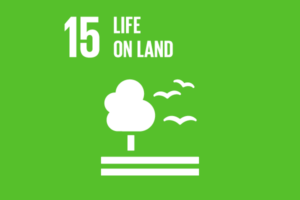
Life on Land
Agroecology works with local communities, food producers, and other actors to prevent land degradation and restore degraded areas. Agroecology helps to conserve and sustainably use and value the biodiversity and ecosystem services that underpin food production.
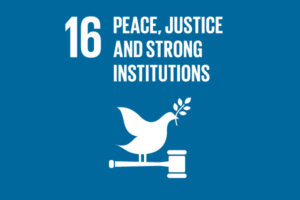
Peace, Justice & Strong Institutions
Agroecology supports strong and inclusive producers’ organisations that enable the sharing and co-creation of knowledge, solidarity, representation of their concerns at the policy level and responsible governance.

Partnerships
Scaling up agroecology calls for increased cooperation between productive sectors, social actors and countries.
*FAO
Kelle Gregory Story
A Ghanaian Farmer’s View of Agroecology.
Funded in part by the Agroecology Fund, CIKOD is an affiliate of our long-term partner, Groundswell West Africa, and has allied with a coalition of Ghanaian NGOs to block pro-GMO legislation, enabling farmers to retain control over their seeds. To expand its influence, CIKOD has joined hands with the African Food Sovereignty Alliance, through which organized farmers across Africa seek to influence African Union policy and national governments’ climate and biodiversity plans, as they scale and spread agroecology across the continent.

